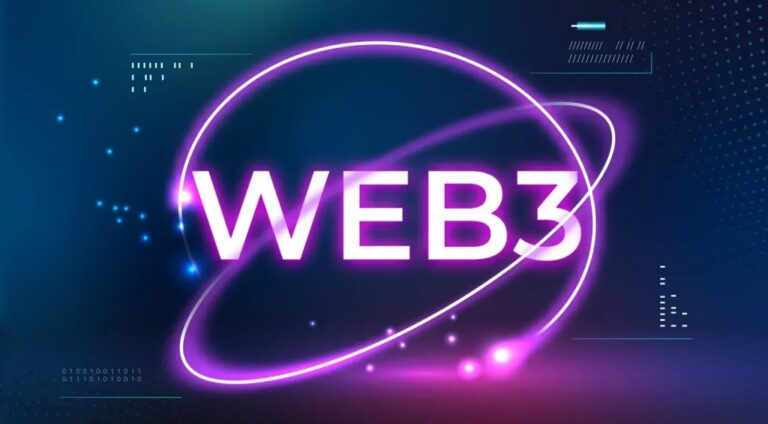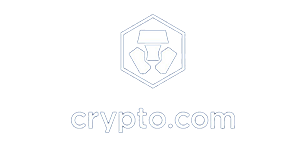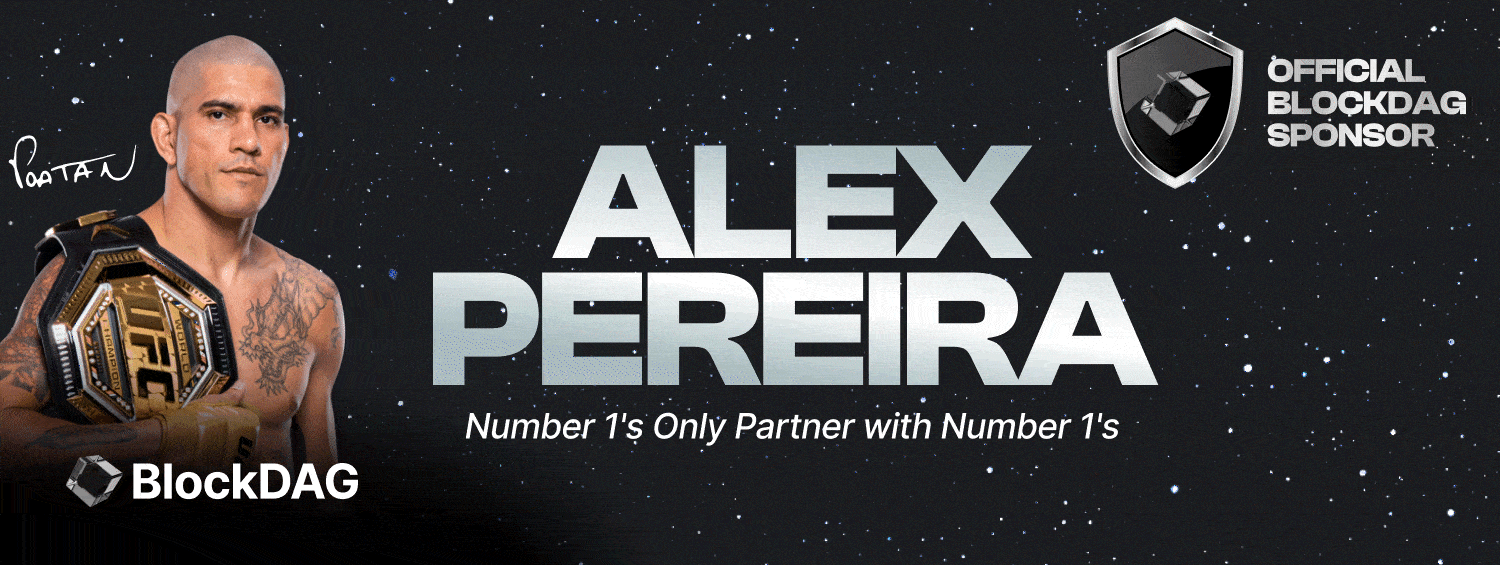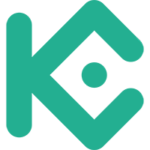
A new decentralized application aims to revolutionize product feedback and user engagement in the Web3 space by fostering direct interaction between users and product teams.
A key goal of developers across the Web3 space is to create a product that most effectively serves its end user by utilizing new decentralized technologies. A new DApp is aiming to shift the landscape of product development and user engagement.
The decentralized application (DApp) Propeller.chat, the first to be built on the River Protocol, seeks to enhance the way product teams interact with their user base. It focuses on meaningful engagement and dynamic feedback — like a Trustpilot but for Web3.
LCA, the team behind Propeller.chat, has been active in the space, pushing for more community-centric applications and has previously worked with Web3 giants like Opensea and Moonpay.
It allows users of a specific DApp or product, to interact directly with team members, share their own ideas, and engage with other power users, all while being rewarded for their valuable input.
The right feedback at the right time
The team said this aimed to ensure that feedback is actively collected and acted upon rather than just left to gather dust.
Greg Isenberg, co-founder of Late Checkout Agency, told that for a startup, the right feedback at the right time could be the difference between failing and doing $100 million a year in revenue.
“Sharing feedback on social media in 2024 is like shouting into the void — it gets drowned out in a sea of content.”
He said they saw the need for product teams to get closer than ever with their users, in a dedicated and decentralized space, and aimed to create something that opened up a “two-way street between product teams and their power users.”
The DApp takes advantage of token-gated memberships and on-chain verification offered by building on the blockchain. It said this ensures that product feedback comes from verified community members rather than bots or fake accounts.
Each membership is therefore represented as a non-fungible token (NFT), which also helps keep track of those who adopted the DApp early thus helping build reputable members and reputation-based awards.
Users at the center
Brian Meek, the co-founder and chief technology officer of HNT Labs, the Web3 company behind the River Protocol, remarked that the industry is on the verge of witnessing the most valuable aspect of Web2 — messaging apps — being developed and embraced on Web3 platforms.
“In order to facilitate this shift and drive large-scale adoption, we’re going to need high quality, purpose-built products that have familiar feature sets and are aligned with user needs and preferences.”
Meek is not alone in his ethos of needing products that are aligned with end user needs as the primary marker.
The CEO of the Web3 marketing agency Serotonin and former chief marketing officer for Consensys, highlighted the immense value created by producing something that has true utility and fulfills a need for its end user.


























